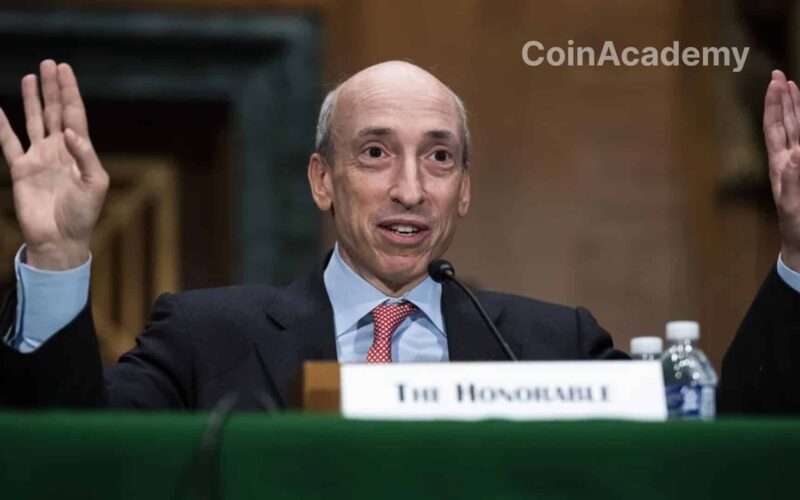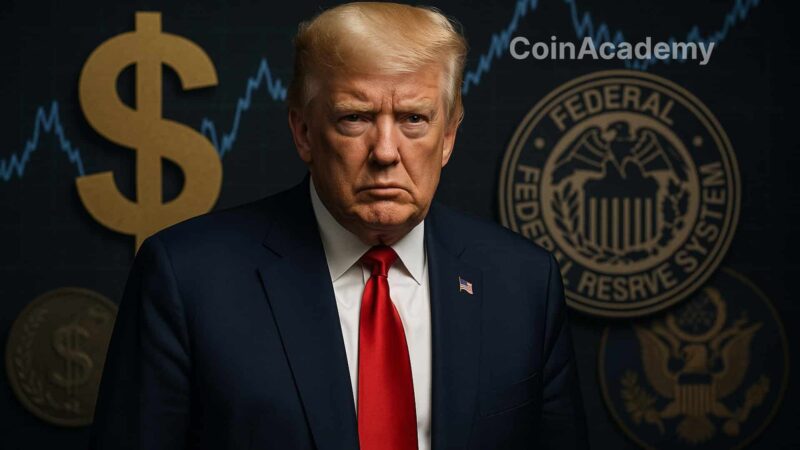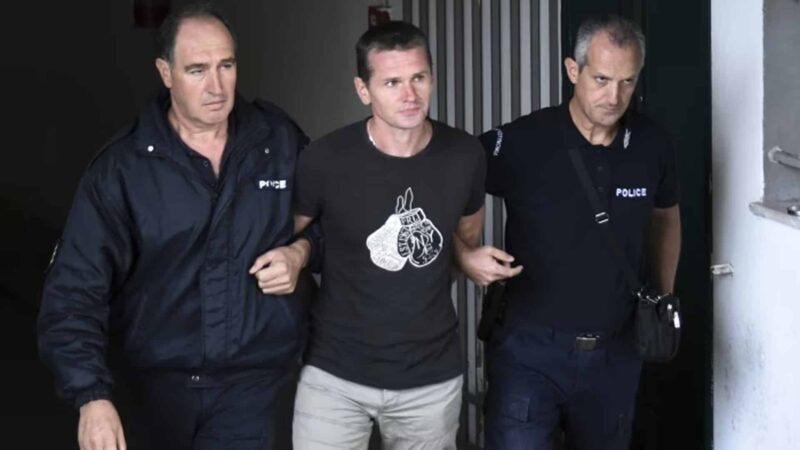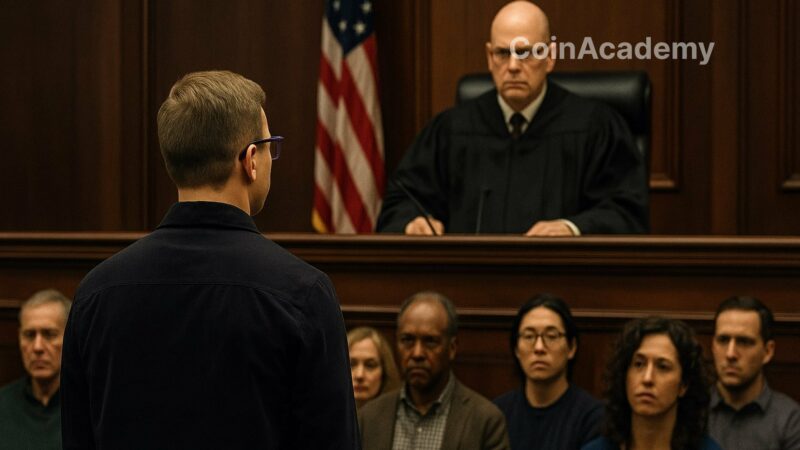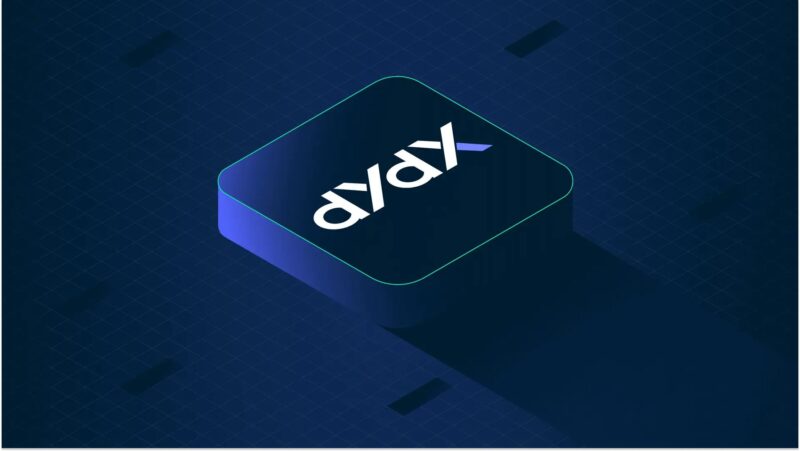The Need for Customized Registration Forms for Digital Asset Securities
The commissioner of the US Securities and Exchange Commission (SEC), Mark T. Uyeda, has called on the regulatory agency to develop custom S-1 registration forms for digital asset-based securities. Uyeda criticizes the current approach of the SEC, which requires issuers of digital securities to comply with irrelevant disclosures, creating a regulatory confusion.
The Limitations of Current Registration Forms
The S-1 form is a registration statement that issuers must submit to the SEC before offering a new security product on the market. Uyeda argues that this standardized form may not be suitable for complex financial products like digital asset securities. He suggests that the SEC has the necessary flexibility to adapt its forms, but it has not yet fully utilized it to accommodate promoters of these new types of assets.
A Call for Regulatory Clarity
Uyeda criticizes the SEC’s current approach, which could create a ‘catch-22’ situation where promoters of digital asset securities are required to register and provide disclosures that are irrelevant or unattainable. This critique reflects a broader frustration expressed by industry players regarding the lack of regulatory clarity from the SEC.
The Debate on Digital Asset Regulation
Uyeda hopes that the SEC, under the current or future leadership, will consider establishing specific legislation or regulations for digital assets. Despite these calls, digital assets have not been included among the over 50 items added to the SEC’s regulatory agenda by Chairman Gary Gensler since the beginning of his term. Uyeda emphasizes the importance of considering regulatory frameworks from other jurisdictions in the development of future rules for digital assets.
An International Perspective
Uyeda also highlights the significance of considering regulatory frameworks from other jurisdictions, such as the European Union, South Korea, and Japan, in the future development of rules for digital assets. He believes that it is crucial for the SEC to take international developments into account to ensure that the US does not fall behind in this rapidly expanding field.
